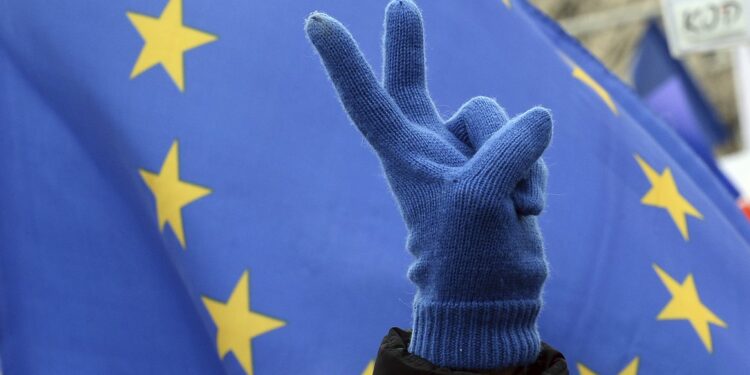As one can surmise, none of these processes are unique to Latvia.
The news over being included in Northern Europe caused the same reaction in Estonia and Lithuania. While the differences between products in Eastern, Central and Western Europe were first pointed out by Slovakia and Lithuania. The “gender ideology” has been cited as a reason for not adopting the Istanbul Convention in Bulgaria, Slovakia and Croatia. This reflects a trend of joint opposition in post-Soviet states.
Latvia’s standing can be viewed in a wider perspective, where the Eastern Europeans’ role of outcasts in the eyes of Western Europe creates identity conflicts that find expression both in the genuflection in front of everything European, as well as rejecting it and even hating it. As Mälksoo has shown, the position we take as “Europe, but not quite Europe” affects our political memory, which consequentially tries to insert our historical experience within the canon of the joint European identity.
Latvian culture – film, literature, and art – often quotes introducing Western audiences to the particularly Latvian historical experience of deportations, the Soviet times, and restoration of independence as one of its chief goals. Our memory politics in culture reflect, to a large degree, our wish to receive an affirmation of our status as “true” Europeans.
It’s probably nothing bad. Maybe it’s almost inevitable. But sometimes the only way to disrupt a relationship dynamic is by subverting it – in a way that doesn’t pivot on blaming or excluding others, but which gives itself permission to toy around with supposedly accepted truths.
[1] Zarakol, A. (2011) After Defeat: How the East Learned to Live with the West. Cambridge University Press
Source link : https://eng.lsm.lv/article/politics/politics/europe-but-not-quite-fault-lines-in-the-way-latvians-see-themselves.a283580/
Author :
Publish date : 2018-06-28 07:00:00
Copyright for syndicated content belongs to the linked Source.



